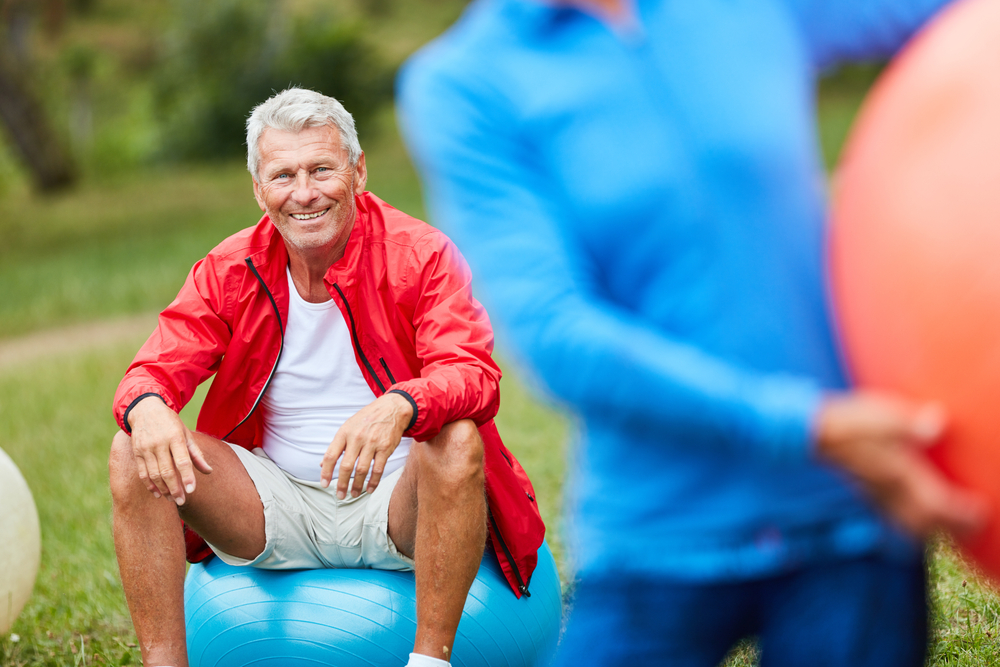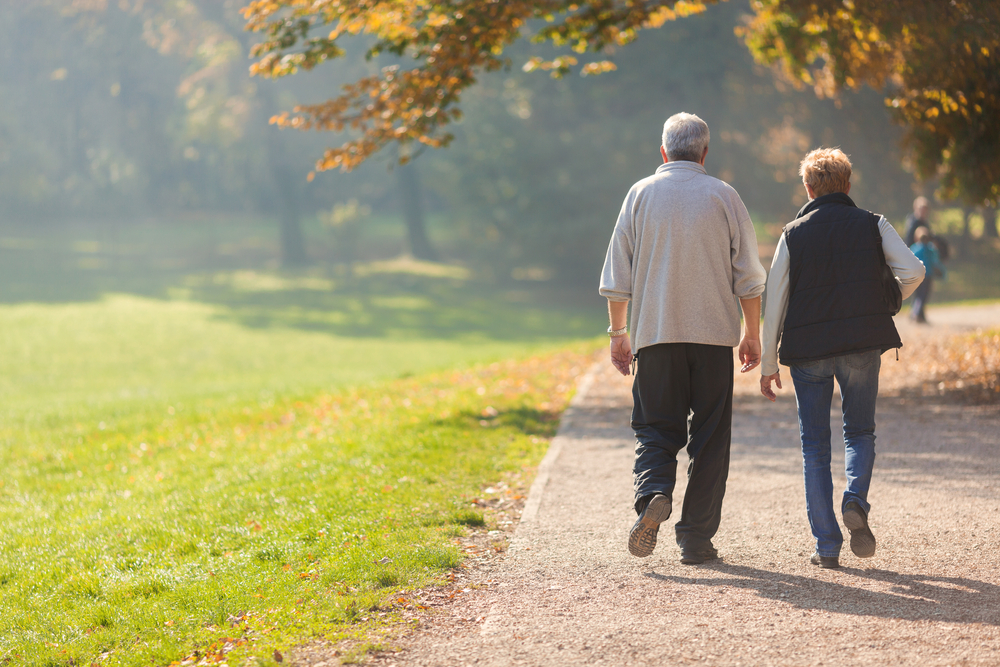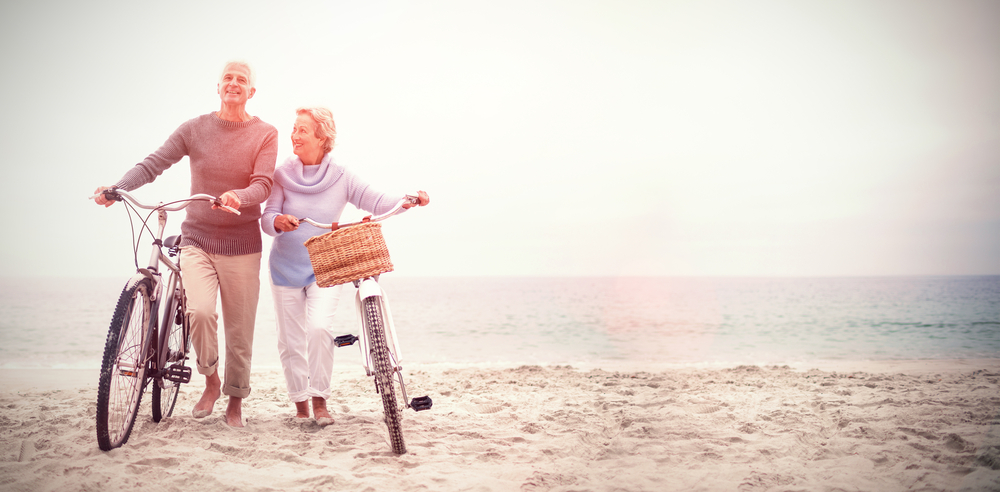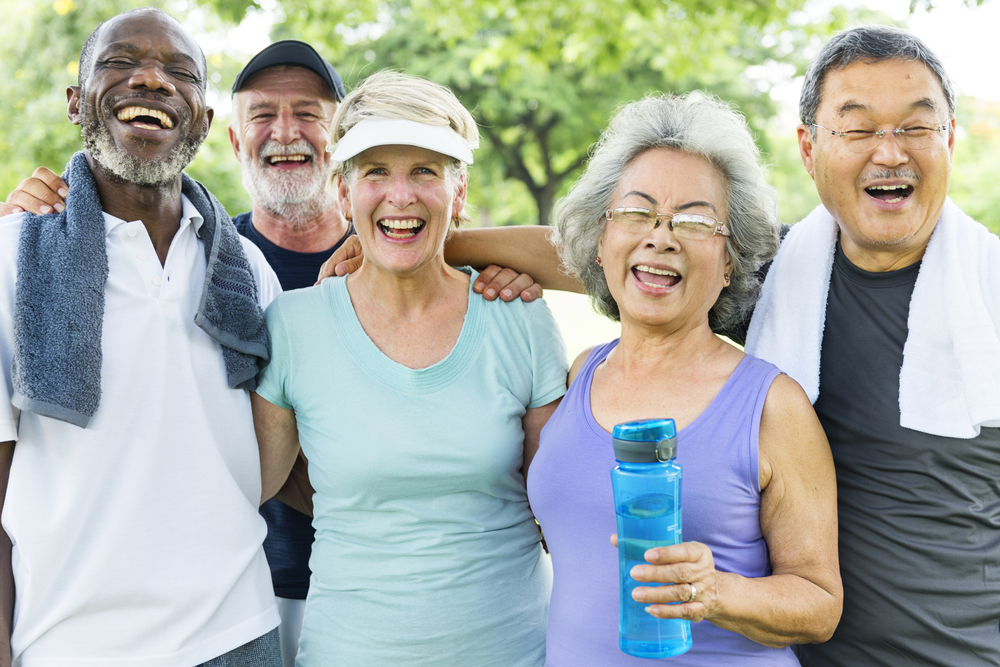Each year, up to 35 percent of falls happen to people aged 65 and over. For this age group, falls are the number one cause of both fatal and nonfatal injuries.
Among the most common injuries resulting from falls are broken bones, fractures, and head injuries. But physical injuries aren’t the only threat you need to worry about when it comes to falls. These accidents can also contribute to anxiety in elderly individuals.
Thankfully, there are things you can do to prevent falls. In this post, we outline nine proven fall prevention tips you can implement today to stay safe both at home and outside.
What Factors Cause Falls in Seniors?

The secret to effective fall prevention lies in knowing what factors contribute to them in the first place. Here are a few things to watch out for:
Balance and Gait
As you age, you lose some coordination, balance, and flexibility. Mostly, this happens as a result of inactivity, and the risk of falling increases.
Vision
As your eyesight ages, less light reaches your retina. This makes it more difficult to see obstacles, tripping hazards, and edges.
Medications
Chances are you need to take medication frequently than you used to in your younger years. Unfortunately, some of these medications cause dehydration, dizziness, and interactions with each other. These effects can cause falls.
Environment
While the ordinary home may be safe for other individuals, the case may be different for seniors. Without suitable modifications, such an environment can contribute to falls.
Chronic Conditions
85 percent of older adults are living with one or more chronic health conditions. Arthritis, stroke, diabetes, and other chronic conditions often increase the risk of falling, primarily due to the loss in function, pain, and inactivity they cause.
Fall Prevention Tips

Now that we’ve seen some of the factors that increase the likelihood of falls, it’s time to look at how to prevent them. Check out these nine practical suggestions below.
1. Get More Exercise
Regular exercise helps keep your muscles strong. Opt for activities that focus on balance, flexibility, and strength training to help make your joints, ligaments, and tendons healthy. Regular exercise also helps reduce the risk of osteoporosis and keeps your bones healthy.
2. Check Your Diet
Another way to keep your bones healthy is by eating the right foods. A healthy diet that includes enough vitamin D and calcium is helpful. Additionally, avoid harmful activities such as alcohol use and smoking that decrease your bone mass, which increases the likelihood of your bones breaking when you fall.
3. Keep Track of Your Medications
As we pointed out earlier, more medication intake increases your risk of falling. Many medications have side effects that include dizziness, sleepiness, confusion, or weakness. You may also feel the need to go to the bathroom more frequently.
If you notice any side effects in the medications you’re taking, talk to your physician about it. They may be able to recommend alternatives that are safer for you.
4. Get Enough Rest
Make sure you’re getting enough sleep every day. Lack of sleep can lead to confusion, slower movement, and less awareness of your environment. Furthermore, your reflexes and response time are decreased, which also increases the risk of falls.
If you notice that you’re feeling tired or exhausted, sit or lie down until you feel rested.
5. Avoid Walking After Drinking
Consuming alcohol impacts your vision, balance, hearing, and general awareness of your surroundings. It also makes it easier to misjudge your step, which can lead to falls. When combined with certain medications, the risk of falls leading to serious injuries is even higher.
6. Wear Appropriate Shoes

Wearing high heels, slip-on backless shoes, or loose-fitting shoes increases your likelihood of falling. For instance, high heels force you to shorten your stride and heighten your chances of tripping.
Thankfully, this is one of the more manageable problems to fix. Simply opt for low heel, rubber-soled, and non-skid shoes. You can also go for lace-up shoes that have non-skid soles.
7. Slow Down and Use Help
It’s not uncommon to feel a little unsteady and lightheaded immediately after standing up. Practice standing up slowly, and take a moment to get your bearings, so you don’t fall when you start to move.
It’s also advisable to use a walker or a cane when walking. Doing so gives you some support when moving, especially if walking outdoors. You can also talk to your physical therapist about the ideal device for you to use when walking and how to use it.
8. Be Cautious on Wet or Icy Surfaces
Everyone slips on ice patches occasionally. However, the risk of falling on these surfaces increases as we age, which means it’s critical that you ensure that stairs and walkways are free of puddles and ice before you walk on them.
Wear sturdy shoes during icy conditions when going out. Even better, avoid going outdoors during wet or snowy conditions if possible, and use services that deliver products to your doorstep if you need to purchase groceries.
9. Conduct a Safety Assessment of Your Home
This point on fall prevention for seniors is perhaps the most important of all. If you’ve chosen to spend your golden years at home instead of an assisted living facility, it’s essential that you make your home as safe for you to move around as possible. The good news is that there are many simple ways to do this.
Start by increasing lighting throughout your home, particularly at the top and bottom of your stairs. The idea is to boost visibility throughout your house, so make sure that you can easily access lighting when getting up at night.
Next, attach secure rails on all stairs. These provide support when you’re moving up and down your stairs. Install easy-to-reach grab bars in your tub and near the toilet and you may also want to consider installing a hand-held shower and a shower chair.
You Can Prevent Falls
The risk of falls increases as we age, but that doesn’t mean we can’t do something to stop that. With the fall prevention tips we’ve shared in this post, you can ensure falls don’t take away your ability to enjoy your daily activities.
Are you interested in dependable in-home supportive services? Please, contact us today.


